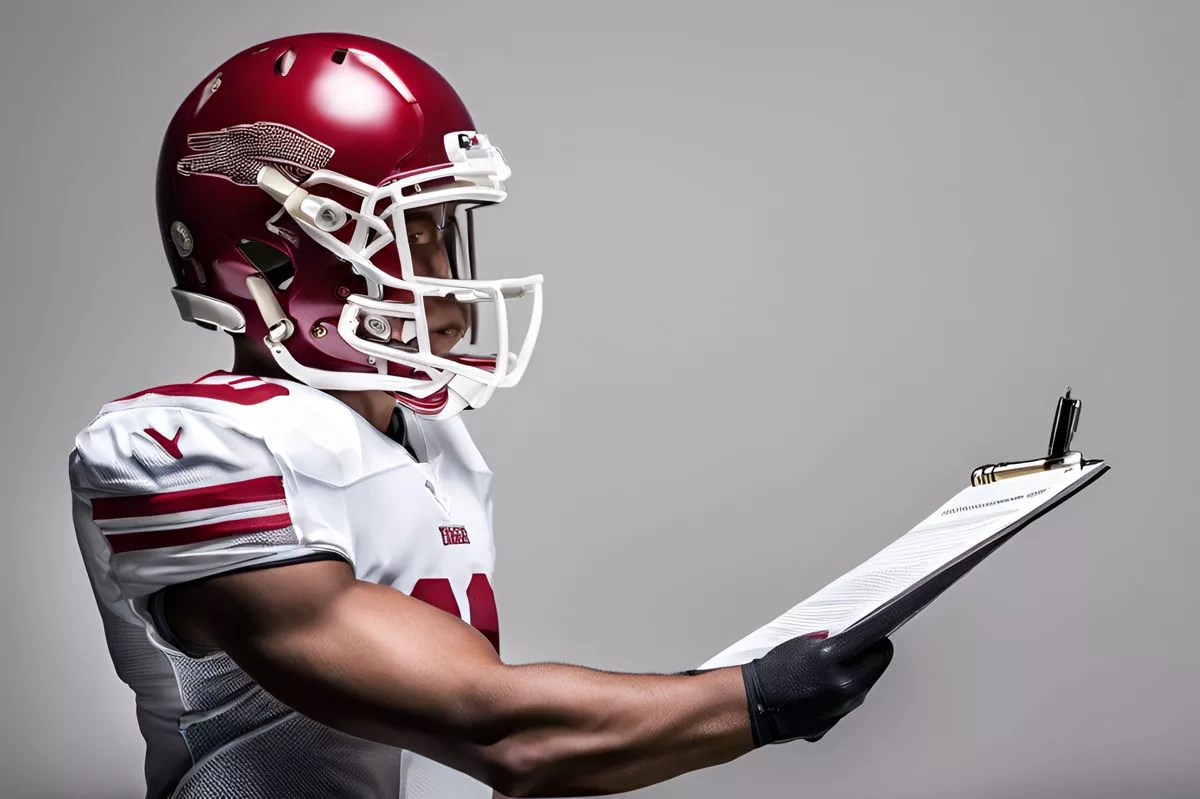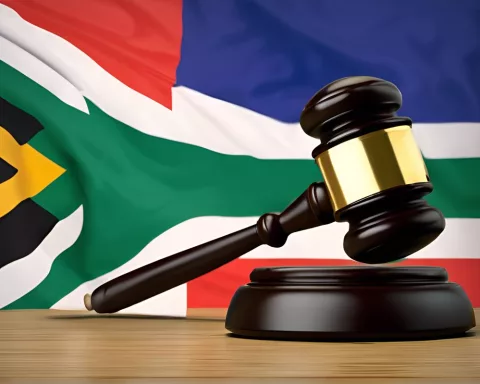Andile Jali’s decision to turn down an offer from Kaizer Chiefs sheds light on the importance of understanding contract nuances in professional football. Jali’s refusal to allow the Chiefs to control his social media activity raises thought-provoking questions about personal freedom and commercial contracts. His experiences highlight the need to evaluate contract terms and protect personal rights in professional agreements.
Learn why Andile Jali turned down an offer to join Kaizer Chiefs and the significance of understanding contract nuances in professional football. Jali’s rejection of Chiefs’ demand for control over his social media activity raises thought-provoking questions about personal freedom and commercial contracts. Jali’s experiences highlight the importance of evaluating contract terms and protecting personal rights in professional agreements.
The Choices That Define Us
Life is often defined by the choices we make. For Andile Jali, an accomplished midfielder and ex-captain of Moroka Swallows, his career trajectory was influenced by a particularly significant decision. This decision involved turning down an opportunity to join Kaizer Chiefs, eliciting shockwaves in the football fraternity. Jali’s journey unfolds a fascinating look into the complex world of football contracts.
Jali’s name was linked to a potential move to Kaizer Chiefs in the spring of last year, following his exit from Mamelodi Sundowns. However, Jali was not swayed by the proposal put forth by the Chiefs, especially the stipulations of their contract. His experience underscores the significance of comprehending the nuances of contracts, not only for sportspeople but also for anyone entering into professional agreements.
A Matter of Image Rights
In an engaging dialogue with Robert Marawa, hosted by Marawa Sports Worldwide, Jali discloses that a major point of dispute was the Chiefs’ demand for control over his social media activity. Jali recounts that the Chiefs intended to govern what he could share on platforms such as Instagram and Facebook, a clause he found objectionable.
Elaborating further, he said, “They wanted to control [what you say] on Instagram, Facebook, and dictate what you should post. That’s simply not feasible. Therefore, they don’t have the right to dictate my image rights.”
The Chiefs’ proposal for absolute control over a player’s image rights raises thought-provoking questions about personal freedom and the boundaries of commercial contracts. Jali found the clause limiting his online activity unacceptable, indicating his devotion to his personal brand and individuality.
Dispelling Rumors & Emphasizing Personal Rights
However, Jali’s journey didn’t stop there. He dismissed the speculation that he demanded to wear the number 15 jersey, a number famously associated with Chiefs legend Doctor Khumalo. In his typically candid manner, Jali retorted, “You can’t discuss jersey numbers when you don’t yet have a contract. You haven’t even started training, and already there’s talk about a jersey number? That’s simply not feasible.”
Jali’s rejection of such conjecture echoes his approach to contractual discussions – realistic and unwavering. His clear thoughts and decisive stance on matters of personal rights reveal a veteran footballer who comprehends the dynamics of his profession.
A Journey of Challenges & Triumphs
Time has borne witness to Jali’s eventful journey, from his tenure at Sundowns to a short spell with Swallows, and ultimately his exit. This journey is reflective of the fluctuating and unpredictable nature of a footballer’s career.
Although his contract negotiations with Chiefs did not materialize, Jali’s story is not one of failure. On the contrary, it exemplifies the power of making conscious choices and the bravery required to refuse terms that are inconsistent with one’s principles. His narrative sends a strong message to fellow players and professionals about the significance of safeguarding personal rights and the potency of saying ‘no’ when required.
Jali’s narrative offers valuable insights into the complex game of contract negotiations in professional football. His experiences highlight the necessity for cautious evaluation of contract terms and the significance of protecting personal rights. He emerges as an inspiring figure for athletes navigating the often cloudy realm of contractual agreements. His courage and determination serve as a reminder that the journey of a professional athlete involves not just on-field successes but also standing up for one’s rights away from the game.
Through the tumult, the rumors, and the challenging negotiations, Jali has become a beacon of resilience and personal integrity. His story emphasizes the importance of preserving personal rights against restrictive clauses, and serves as a rallying cry for all professionals to prioritize their personal autonomy above all else. It brings to light the undiscovered realities of professional football, focusing on a frequently ignored aspect of the sport – the balance of power in contract negotiations.
1. What was the significant decision Andile Jali made that impacted his career trajectory?
Andile Jali turned down an opportunity to join Kaizer Chiefs, which elicited shockwaves in the football fraternity.
2. Why did Jali turn down the proposal put forth by the Chiefs?
Jali was not swayed by the proposal put forth by the Chiefs, especially the stipulations of their contract, particularly the Chiefs’ demand for control over his social media activity.
3. What was the Chiefs’ demand that Jali found objectionable?
The Chiefs intended to govern what he could share on platforms such as Instagram and Facebook, a clause he found objectionable.
4. Did Jali demand to wear the number 15 jersey?
No, Jali dismissed the speculation that he demanded to wear the number 15 jersey, a number famously associated with Chiefs legend Doctor Khumalo.
5. What does Jali’s narrative mean for fellow players and professionals?
Jali’s narrative offers valuable insights into the complex game of contract negotiations in professional football. His experiences highlight the necessity for cautious evaluation of contract terms and the significance of protecting personal rights.
6. What message does Jali’s story send to fellow players and professionals?
Jali’s story serves as a rallying cry for all professionals to prioritize their personal autonomy above all else and emphasizes the importance of preserving personal rights against restrictive clauses.












